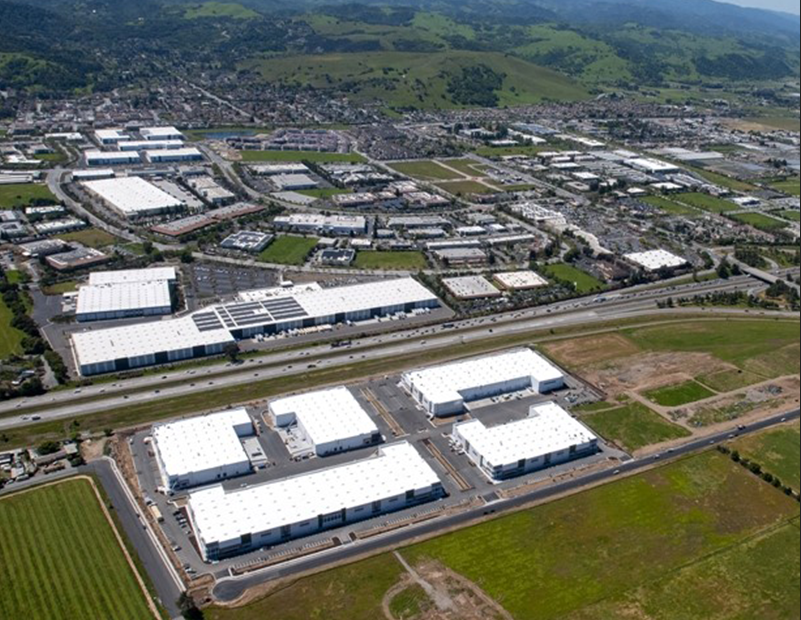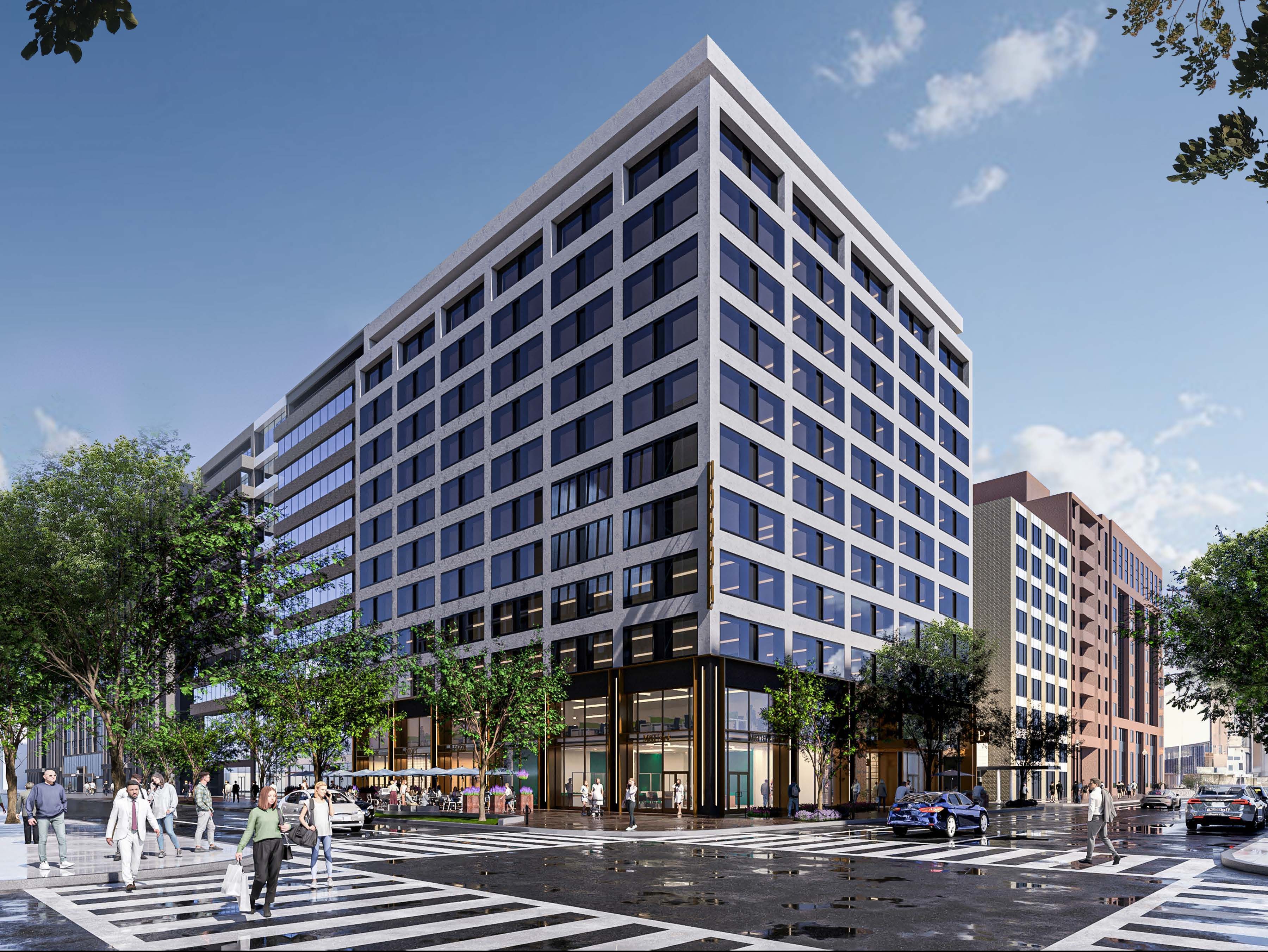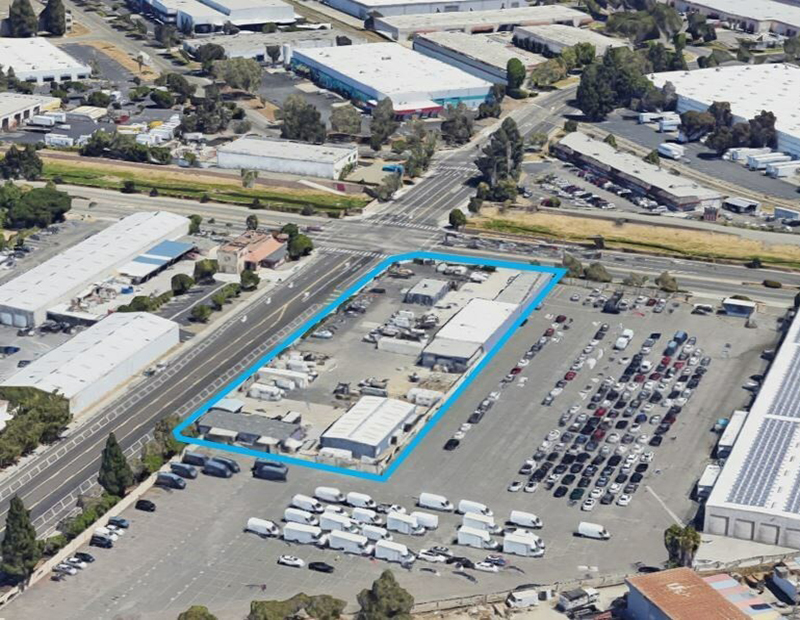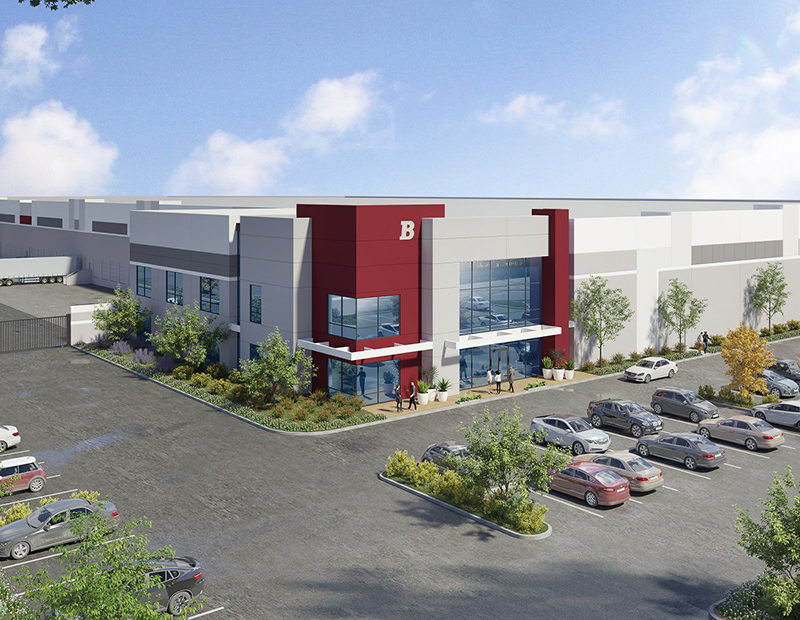Behind Blackstone’s BioMed Buy
Why the investment management giant scooped up a leading life sciences REIT.
By Gail Kalinoski, Contributing Editor
In one of the biggest REIT privatizations planned so far this year, BioMed Realty Trust Inc., has agreed to be acquired by Blackstone Real Estate Partners VIII in an all-cash deal valued at $8 billion. Coming soon after Blackstone agreed to buy Strategic Hotels & Resorts Inc., for about $6 billion, it’s the latest blockbuster deal for the Blackstone affiliate that has been taking advantage of the depressed values for publicly-traded REITs this year. The deal, which needs approval of BioMed stockholders, is expected to close in the first quarter of 2016.
The transaction was unanimously approved by BioMed’s board of directors. The price of $23.75 per share represents a premium of approximately 24 percent over the unaffected closing stock price on Sept. 22, when Bloomberg reported rumors that BioMed was exploring a sale. The stock, which opened Thursday at $21.59 per share, closed at $23.45, up 8.6 percent.
Morgan Stanley & Co. L.L.C. is lead financial advisor to BioMed, with Raymond James & Associates Inc. also acting as a financial advisor. Latham & Watkins L.L.P. is BioMed’s legal advisor and Simpson Thacher & Bartlett L.L.P. is Blackstone’s legal advisor. Eastdil Secured Group of Wells Fargo Securities L.L.C., Citigroup Global Markets Inc., JP Morgan Securities L.L.C. and Bank of America Merrill Lynch are Blackstone’s financial advisors.
Executives at the San Diego-based life science REIT, which has interests in 18.8 million square feet of office and lab space in several U.S. markets and the United Kingdom, felt their stock was undervalued.
“Demand for high-quality, institutional real estate to support the unprecedented growth of the life science industry is at historic levels as demand is outpacing supply in all our core innovation districts,” said Alan Gold, BioMed chairman, president & CEO, in a statement. “However, we believe that the public markets are not adequately valuing our assets and proven business model. Entering into this transaction with Blackstone fulfills our Board of Directors’ mission to maximize stockholder value.”
Blackstone’s latest acquisition target was announced one week after the private equity giant announced it has closed out BREP VIII, its latest global real estate fund, at $15.8 billion. Kathleen McCarthy, global chief operating officer of Blackstone’s real estate group, said in a statement that the fund was already 20 percent committed “and we continue to see compelling opportunities to deploy capital.” The New York-based firm, which is now the world’s largest real estate investor, said the fund’s initial investments included the Strategic Hotels deal and the purchase of significant real estate assets from General Electric Capital Corp.
Blackstone’s global real estate business has about $92 billion in investor capital under management and includes hotel, office, retail, industrial and residential properties.
“We are excited to acquire this best-in-class company which owns an exceptional collection of office buildings catering to life science tenants in gateway markets including Boston-Cambridge, San Francisco, San Diego and Seattle,” commented Nadeem Meghji, co-head of U.S. real estate acquisitions for Blackstone. “We believe in the long-term fundamentals of this sector, particularly in locations with top-tier educational and research institutions.”
In its second-quarter financial report, BioMed noted it had a 2.3 million-square-feet development pipeline, including two new projects–a 155,000-square-foot build-to-suit project in the United Kingdom and a 284,500-square-foot building in Durham, N.C., that will be anchored by a 100,000-square-foot lease to Duke University. The Duke lease was one of 46 transactions representing a record 1.3 million square feet of leasing activity for the REIT. Its portfolio was 91 percent leased as of the second quarter .
BioMed isn’t the only U.S. equity REIT struggling with undervaluation because fear of rising interest rates has depressed share prices. While the equity REITs rebounded in September, pushing the FTSE NAREIT All Equity REITs Index up 2.13 percent for the month and nearly 1 percent for the quarter, the year-to-date figures show a nine-month loss of 4.51 percent.
The life science sector, including BioMed, has seen deep discounts in trading this year, said Britton Costa, a director in Fitch Ratings U.S. REITs group. Costa told Commercial Property Executive that prior to the Sept. 22 media report that BioMed was exploring alternatives, the stock was trading at “more than a 20 percent discount to NAV.” Other REITs were generally trading at about 10 percent discount to net asset value, Costa said.
“That’s a pretty meaningful discount,” he noted.
In May, Costa and Steven Marks, managing director and head of Fitch’s U.S. REITs group, issued a report, “U.S. Equity REITS: The Privatization Fuse Is Lit.” A month earlier, Excel Trust, Inc., a retail REIT, had agreed to be acquired by Blackstone for about $2 billion because its leaders also felt their stock was undervalued. It was just one of several private equity buyouts of publicly-traded REITs this year.
Costa and Marks wrote that the last big wave of REIT privatizations was between 2005 and 2007, when 30 REITs were acquired. They stated conditions were ripe for another wave, including plentiful capital, more foreign investors and activist investors pushing boards of directors to make deals to raise shareholder values. During that period, in February 2007, Blackstone paid $39 billion for Equity Office Properties Trust. While the BioMed deal is still small compared to the Equity Office takeover, it appears to be the largest so far this year, topping the $7.6 billion Lone Star Funds’ agreement to pay for Home Properties, a multifamily REIT.
“We think more deals are still to come,” Costa said.








You must be logged in to post a comment.